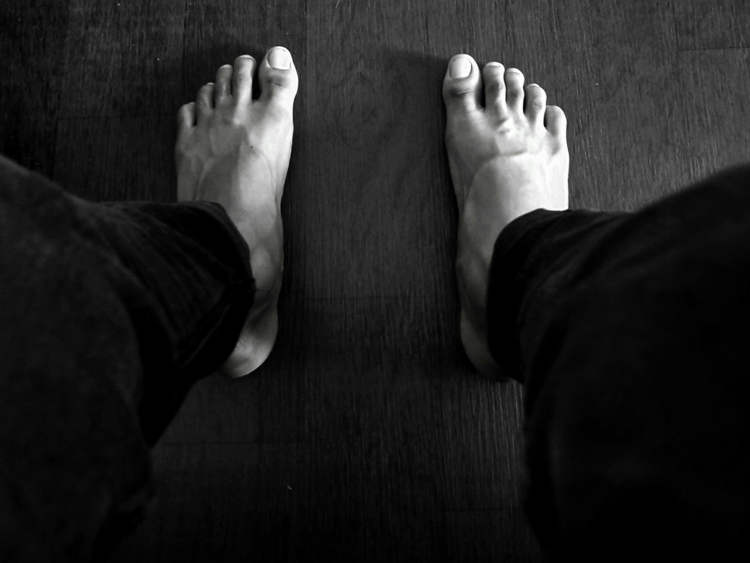It may seem like you’re seeing double, but what you’re really looking at is twins, and lots of them! Welcome to Igbo-Obra, a farming community in the southwestern part of Nigeria, which proudly calls itself “the Nation’s Home of Twins”. The name is very appropriate because, as community leader Olayide Akinyemi states “there is hardly a family here without a set of twins.” The man knows what he’s talking about: he himself had 3 sets of twins and his own grandfather had 10 sets.
West Africa has the highest incidence of twins in the world, and this is especially true for the Yoruba people of Igbo-Obra, 5% of births being twins. It may not seem like a lot, but considering that the percentage is 1.2 in Western European countries and just 0.8 in Japan, it really is pretty unusual. Are they doing something special that makes women give birth to twins? Well, not really, except maybe eat lots of yams, like most other West Africans. It’s believed that yams contain a herbal equivalent of estrogen, called phytoestrogen, that may stimulate the ovaries to each produce an egg. Despite many people being skeptical about this theory, Akin Odukogble, gynecologist, claims that there are studies supporting the yam theory. However, there is no medical evidence to connect eating yams to having twins. The chief nursing officer at the Muyibi Yomi hospital believes that the explanation for so many birth twins is genetics: “if a family has a history of multiple births, this will continue from generation to generation”.
Photo: Yoruba Community
Whatever the real explanation may be, one thing is for sure – the Yoruba people certainly take pride in their twins. Despite the fact that in pre-colonial times, some communities killed twins and sometimes the mother, as they were perceived as signs of evil, today they are considered divine gifts. “Twins are treated with affection, love and respect. Their birth is a good omen,” Akinyemi says.In Igbo-Obra, twins are believed to share the same soul, so when one of the twins dies, his half of the soul is said to remain in the “ibeji”, a wooden figure. The mother is responsible for the “ibeji” until the remaining twin reaches adulthood and is able to take care of his twin’s soul. This interesting tradition helps families cope with the tragedy of losing a child.
Photo: Taiwo’s World
According to a study done by renowned Sierra Leonean gynaecologist Patrick Nylander, in Igbo-Ora three sets of twins were born in every 19 births. Lamidi Adeyemi, the community’s head chief, who also has a set of twins, says that a long time ago families with twins converged on the town, increasing the chance that people here would have twins or triplets of their own.
Photo: Today’s Nigeria
Sources: AFP, McGill Blogs
















